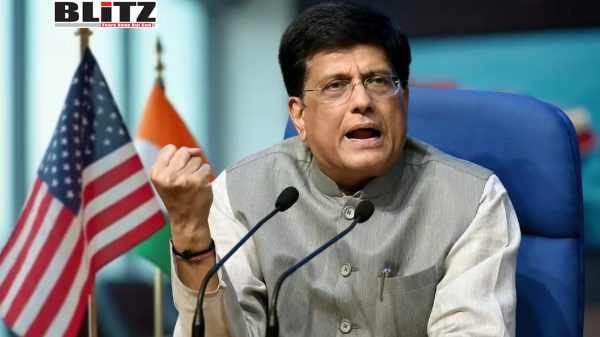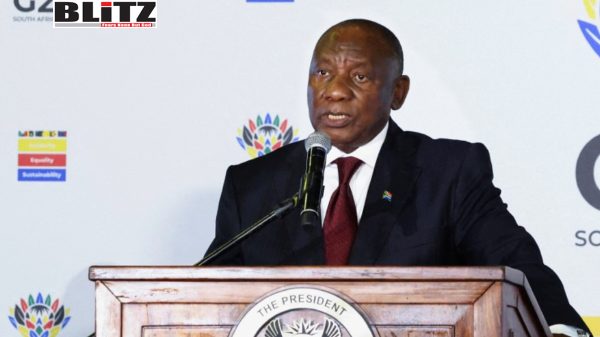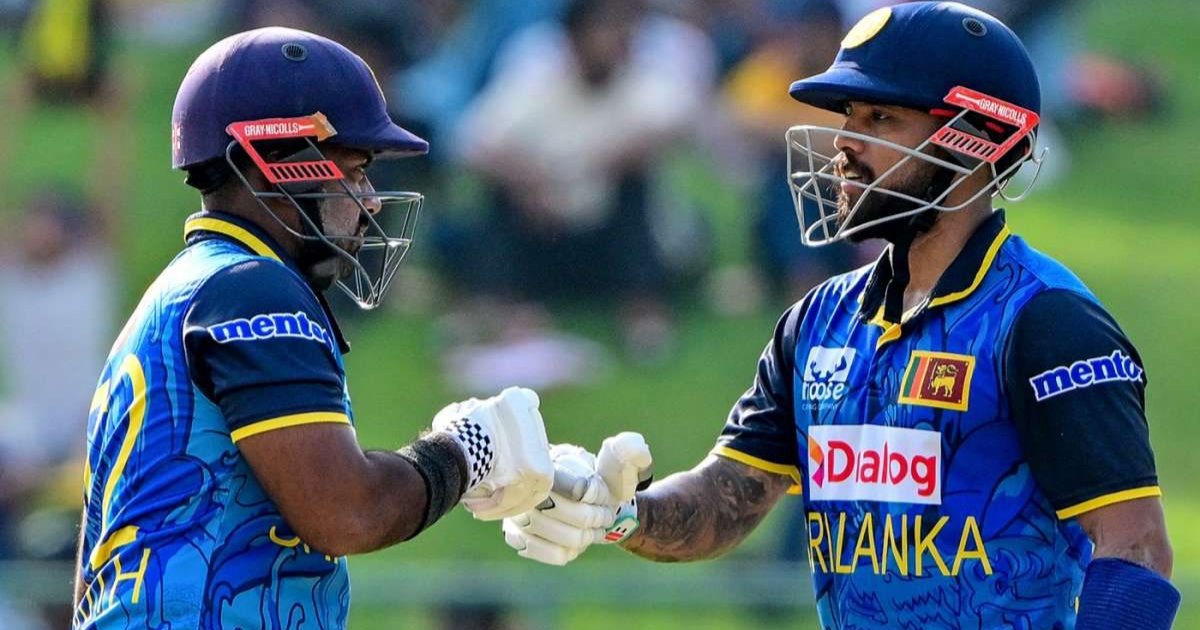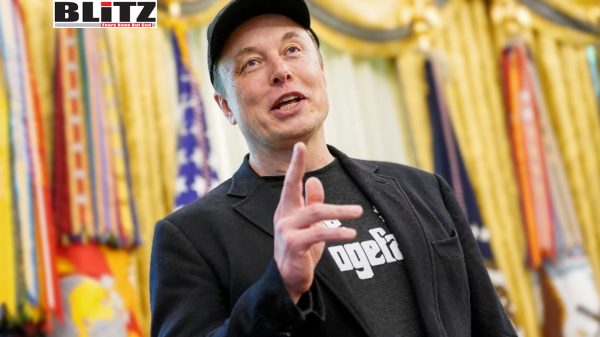India has signaled that it is engaging in trade negotiations with the United States from a position of strength, as both countries race to conclude a bilateral trade agreement ahead of a self-imposed July 9 deadline. Indian Commerce Minister Piyush Goyal emphasized on July 5 that national interest would be paramount in these discussions and that New Delhi would not be pressured into accepting terms that compromise critical domestic sectors such as agriculture and dairy.
Speaking at a summit hosted in New Delhi, Goyal asserted, “Today, India negotiates from a position of strength. We are self-confident and can compete with anybody in the world.” His comments reflect a growing confidence in India’s economic capabilities and a broader strategic shift in its trade posture-away from reactive diplomacy and toward assertive economic engagement on its own terms.
The negotiations come amid a broader reshaping of global trade under US President Donald Trump, who returned to office in January for a second term and immediately launched a sweeping campaign of tariffs aimed at protecting US industries. On April 2, Trump declared what he termed ‘Liberation Day,’ a significant policy moment in which he imposed a universal 10% tariff on all imports, with select countries facing duties of up to 70% for what he characterized as “unfair trade practices.”
While India was not among the countries facing the steepest tariffs, Trump has insisted that all US trade partners must deliver fairer terms or risk economic retaliation. Washington has already signed fresh trade agreements with the UK and Vietnam, and recently reached a temporary deal with China to scale back tariffs to 30% from earlier highs of 145%.
Indian officials are clear about their expectations from a deal with the US. A source familiar with the ongoing talks told the Hindu BusinessLine that India seeks increased market access for its labor-intensive goods, such as textiles, leather products, and engineering goods. “India wants a trade deal where it would get market access in its areas of interest… and it should have sustained preference over other countries in these areas,” the source said.
This approach is aligned with India’s broader economic strategy to boost domestic employment, particularly in manufacturing and labor-driven sectors. According to data from the Indian Commerce Ministry, bilateral trade with the US reached $131.8 billion in the 2024–25 fiscal year, with India enjoying a $41.18 billion trade surplus-an outcome the US is likely keen to address.
However, India has drawn clear boundaries around certain sectors. Agriculture and dairy are two sensitive areas where New Delhi has made it known that it will not compromise. Finance Minister Nirmala Sitharaman recently reinforced this stance, telling The Financial Express that “the country could not do anything that would weaken its agriculture or the positions of its farmers.”
In previous trade talks, the US has pushed India to open its markets to American dairy products, citing concerns over access and regulatory restrictions. India, in turn, has argued that such imports could destabilize domestic dairy markets and impact the livelihoods of millions of smallholder farmers.
While the July 9 deadline-reportedly set by the Trump administration to avoid the imposition of reciprocal tariffs-adds urgency to the talks, Indian negotiators have made it clear that they will not allow artificial timelines to dictate the outcome. “We do not negotiate under deadlines,” said Minister Goyal. “We negotiate keeping national interest in mind.”
This statement serves as a rebuke to previous US tactics that attempted to fast-track deals through diplomatic pressure. New Delhi’s assertive posture also reflects a shift in global trade dynamics where emerging economies, including India, are increasingly challenging the narrative that the U.S. holds all the leverage.
Despite the tight schedule, reports from Indian media suggest the trade deal is either in its final stages or will be finalized in a phased manner. Some concessions are reportedly already on the table. India has offered to lower tariffs in sectors such as electronics, pharmaceuticals, and select manufactured goods. However, it has also emphasized the need for the US to respect its “red lines.”
A successful deal could mark a new chapter in US-India relations, especially under the evolving strategic framework that views India as a critical partner in Indo-Pacific geopolitics. Both countries have ramped up defense and technological cooperation in recent years, but trade has remained a contentious domain.
While the Trump administration has often adopted a transactional approach, India’s insistence on structural benefits and long-term gains points to a more balanced partnership. “This is not just about tariffs and quotas-it’s about aligning strategic interests and ensuring mutual economic resilience,” said a senior official at India’s Ministry of External Affairs, speaking on condition of anonymity.
The outcome of these negotiations will also serve as a barometer of how India navigates an increasingly complex global trade environment-marked by rising protectionism, shifting alliances, and geopolitical uncertainties.
As the July 9 deadline approaches, the stakes are high. A comprehensive and balanced trade agreement could unlock new avenues for bilateral growth and cooperation, but failure to reach consensus may trigger retaliatory tariffs that disrupt one of the world’s fastest-growing trade relationships.
India has made its position clear: it will not trade away its core economic interests for short-term gains. As Commerce Minister Goyal put it, “National interest is paramount in all our global engagements.”
In an age of economic nationalism and strategic competition, India’s approach may serve as a model for emerging economies asserting their agency on the global stage-confident, cautious, and uncompromising where it matters most.
Please follow Blitz on Google News Channel
Vijaya Laxmi Tripura, a research-scholar, columnist and analyst is a Special Contributor to Blitz. She lives in Cape Town, South Africa.
india-asserts-strength-in-us-trade-talks-amid-tariff-deadline-pressure















Leave a Reply